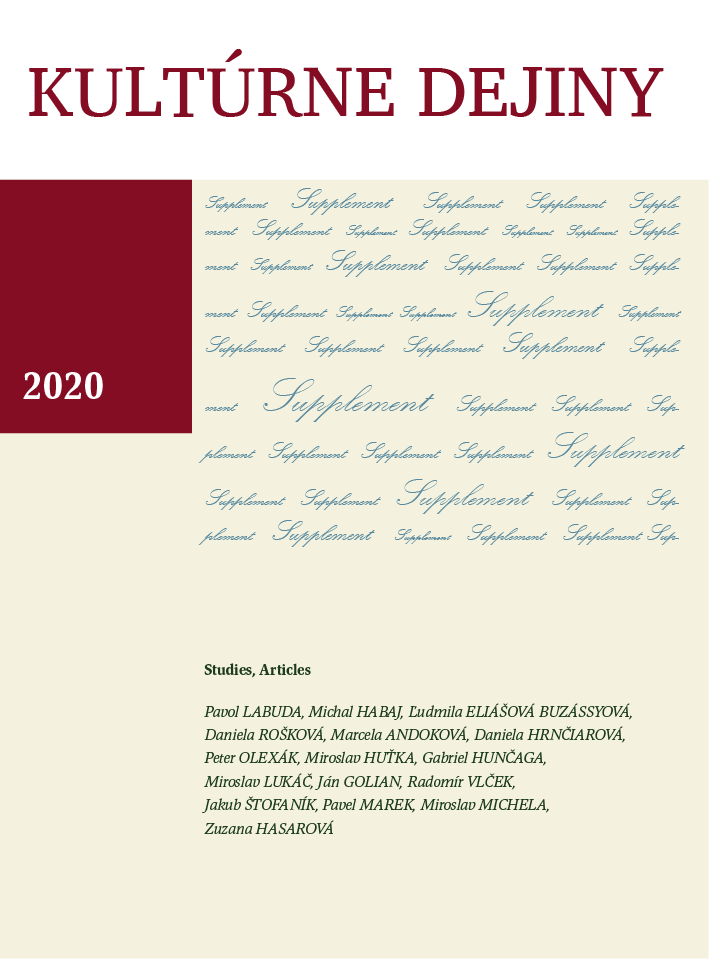Ideologie slovanství a její kult. Geneze a vývoj do roku 1938
The Ideology of Slavonism and Its Cult: Genesis and Development Until 1938
Author(s): Radomir VlčekSubject(s): Cultural history, Political history, Social history, Nationalism Studies, 19th Century
Published by: VERBUM - vydavateľstvo Katolíckej univerzity v Ružomberku
Keywords: The Cult; Cultural History; Slavism; Pan-Slavism; National Identity; 19th Century;
Summary/Abstract: The aim of this study is to discuss the cult of Czech Slavonism in the context of the forming of the modern Czech nation and the subsequent constitution of an independent Czechoslovak state. The primary sources for completing this study are statements of particular people about Slavonism, national identity and the Czechoslovak state. The secondary sources include Czech, Slovak and foreign literature on Slavonism, the idea of Slavic solidarity and Pan-Slavism. The basis of the work is an analytic-synthetic approach with elements of sampling into historical situations in which Slavonism took up the role of a cult. The goal of this study is to offer evidence for the claim that the topic of Cults in History is a wider phenomenon than usually observed and that a thought, idea or ideology is also a part of it. The topic is primarily elaborated upon from the viewpoint of cultural history. However, it also serves as a contribution to the history of ideas and ideologies, focusing on illustrating the impact of Slavonism in different stages of its existence and the attempts to use it to support national and state ambitions. In the first part, the paper clarifies Slavonism as a set of visions of kinship amongst Slavic communities. It focuses on the fact that Slavonism reached its utmost significance while supporting the formation of modern Slavic nations, when it was an inseparable part of the Czech national consciousness that was just being formed, underlining the fact that it was at this time when it was presented as a cult that should (or even could) not be doubted, except by enemies. Thus, the cult of Slavonism took part in defining friend and enemy and the bipolarity in perceiving national types and stereotypes that was never far from escalating nationalism. The cult retained this role well into the interwar period, in the independent Czechoslovak Republic. Furthermore, it was used (and abused) as an important “argument” supporting the independent state in which the Czech community should retain a dominant role. The article does not follow on the cult of Slavonism as a means of supporting the dreamed of Czecho-Slovakship and the desired Czecho-Slovak nation per se, but it admits such a role nevertheless – this role, together with the role of the cult of Slavonism in the post-World War II Czechoslovak state, will be elaborated upon in the next work of the author.
Journal: Kultúrne dejiny
- Issue Year: 11/2020
- Issue No: Supplement
- Page Range: 249-279
- Page Count: 31
- Language: Czech

